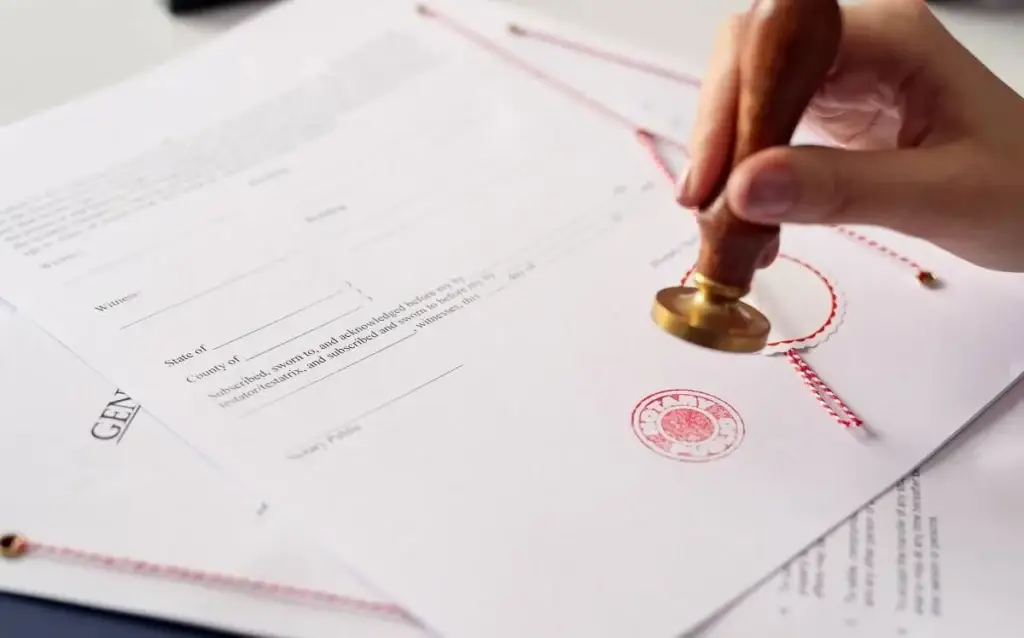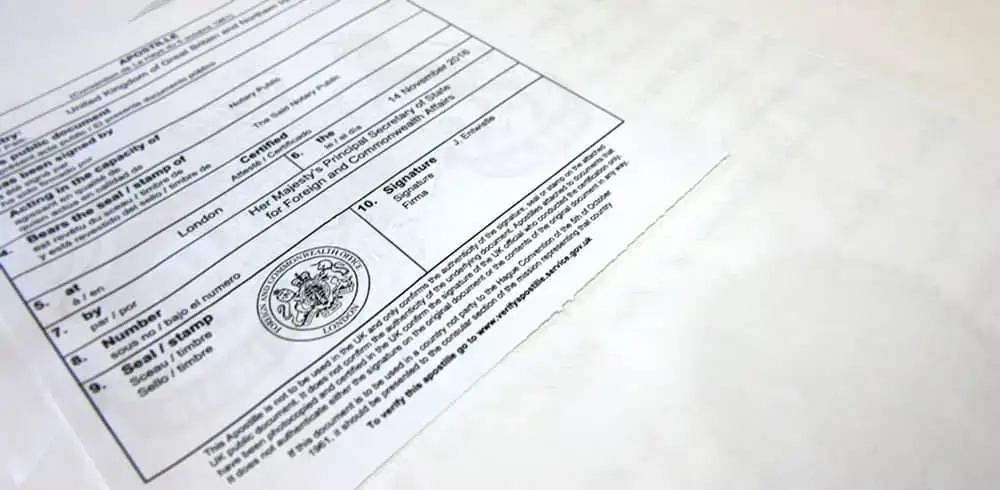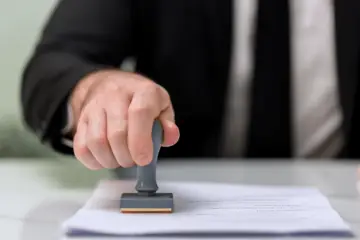Apostille certification is an essential process for verifying U.S. documents for international use. Whether you need to authenticate a birth certificate, diploma, business document, or power of attorney, understanding the apostille process ensures smooth legal acceptance abroad. This guide explains each step in detail, making international document legalization simple.
Understanding the Apostille Process
An apostille is a certification issued by a designated authority that verifies the authenticity of a document for use in foreign countries that are part of the Hague Apostille Convention. If a document is needed in a country that is not part of the convention, additional steps, including embassy legalization, may be required. The process varies based on the type of document and the state of issuance.
Determine the Type of Document You Need to Apostille
Before initiating the apostille process, identify the document that requires authentication. Common documents include birth and marriage certificates, educational diplomas, notarized affidavits, business agreements, and background checks. Some documents may need notarization before obtaining an apostille, while others, such as vital records, must be certified copies from the appropriate issuing agency.
Get Your Document Notarized (If Required)
Certain documents, such as affidavits, power of attorney, and business agreements, require notarization before the apostille certification. Ensure that a commissioned notary public notarizes the document correctly. Notarization confirms the signer’s identity and willingness to sign, making the document legally valid for further authentication.
Submit the Document to the Secretary of State
Each U.S. state has a Secretary of State office that handles apostille requests for documents issued within that state. If the document was notarized or issued by a state agency, it must be sent to that state’s Secretary of State office. For example, a California birth certificate must be apostilled by the California Secretary of State. Requirements, fees, and processing times vary, so checking the specific state’s website is essential.
Federal Apostille for Certain Documents
Suppose the document is a federally issued record, such as an FBI background check, patent document, or naturalization certificate. In that case, the apostille must be obtained from the U.S. Department of State in Washington, D.C. Federal documents cannot be processed at the state level. Instead, they require authentication from the federal government before use abroad.
Pay the Required Fees and Submit Your Application
Apostille fees vary depending on the state or federal agency processing the request. Some states offer expedited services for an additional cost. Most Secretary of State offices accept payments via check, money order, or credit card. Ensure the application form is accurately completed and include a self-addressed return envelope to receive the apostilled document.
Processing Time and Receiving the Apostille
The processing time for an apostille depends on the issuing authority and whether expedited services are requested. Some states process apostilles within a few business days, while others may take weeks. Once completed, the apostilled document will be mailed back to you or made available for in-person pickup, depending on the service options available.
What to Do If Your Document Needs Embassy Legalization
If the destination country is not part of the Hague Apostille Convention, additional steps are required after obtaining an apostille. This includes authentication by the U.S. Department of State and legalization by the foreign embassy or consulate. Embassy legalization ensures that the document is officially recognized in the non-Hague country.
Conclusion
Apostilling a document in the U.S. ensures that it is legally accepted for international use. Whether dealing with vital records, legal documents, or business papers, following the correct procedure streamlines the authentication process. For professional assistance with notary and apostille services, visit Anshi Notary. In addition to apostille certification, our services include Live Scan Fingerprinting, FBI Background Checks, Fingerprint Cards, Notary Public, Apostille, Business Services, and Expungement. Our expertise guarantees that your documents meet international requirements efficiently.
Frequently Asked Questions
What is the difference between an apostille and authentication?
An apostille is a certification for countries part of the Hague Apostille Convention. Authentication is required for countries outside the convention and involves additional embassy legalization.
How long does it take to get an apostille?
Processing time varies by state and urgency. Standard processing takes a few days to several weeks, while expedited services can shorten the time frame.
Can I apostille a photocopy of a document?
Some states allow apostilling notarized copies of documents, while others require original or certified copies. Check with the relevant Secretary of State office.
Can I get an apostille for a document in a foreign language?
Most U.S. authorities require a certified English translation before processing the apostille. Some states allow bilingual documents.
Do I need to appear in person to request an apostille?
Many states accept mail-in applications, so in-person visits are not always necessary. However, some agencies offer walk-in services for faster processing.
Does an apostille expire?
Apostilles do not expire, but some foreign authorities require recent certifications. Always verify the recipient country’s requirements.
How do I know if my document requires notarization before an apostille?
Notarization is needed for private documents like affidavits and powers of attorney. Government-issued documents typically do not require notarization.
Where do I send a federal document for an apostille?
Federal documents must be sent to the U.S. Department of State for authentication. State-issued documents are processed at the respective Secretary of State office.
What if my document is rejected for an apostille?
Rejections occur due to missing notarization, incorrect certification, or incomplete forms. Carefully follow the requirements and consult a professional service if needed.
Can I use an apostille from one state in another state?
Apostilles are issued based on the document’s origin, not where you reside. A document must be apostilled in the same state where it was issued.
Also Read: 7 Fingerprint Card Mistakes That Could Delay Your Background Check




0 Comments